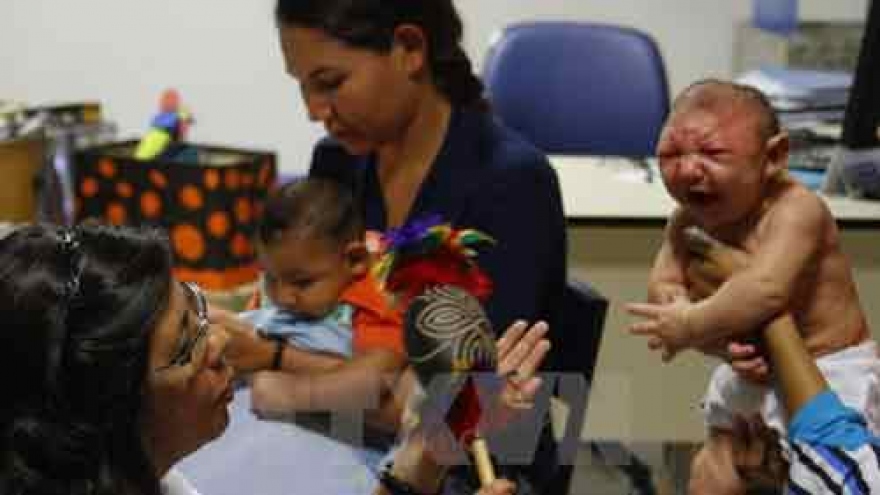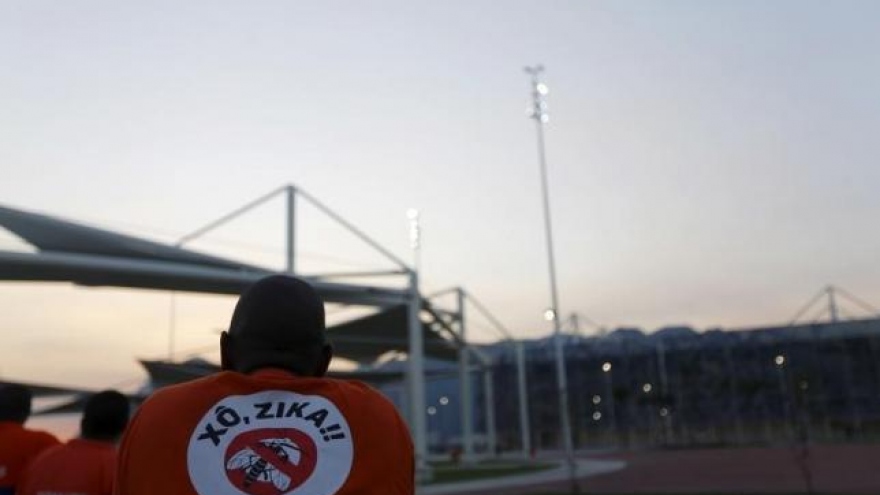WHO to consider new evidence on Zika, Olympics next week
The World Health Organization said on June 7 it will convene experts next week to discuss the Zika outbreak, including its impact on the Rio Olympics, as new research suggests only a slight risk that more tourists will be infected at the Games.
 |
|
2016 Rio Olympics Chief Medical Officer Joao Grangeiro speaks during a briefing on Zika virus for international media in Rio de Janeiro, Brazil, June 7, 2016.
|
The meeting comes amid intensifying concerns over holding the Olympics in Brazil, the country hardest hit by Zika. Brazilian authorities have confirmed more than 1,400 cases of microcephaly in babies whose mothers were exposed to Zika during pregnancy.
The WHO has advised that pregnant women avoid travel to Zika outbreak areas and that men who have been infected by or exposed to the virus practice safe sex, or abstain from sex, for up to six months.
The group of independent experts, who declared an international emergency on Feb. 1 and last convened on March 8, will "look at evidence around the Olympics and most likely review the travel guidance around that," WHO spokesman Christian Lindmeier said.
A letter signed by more than 200 bioethicists and health experts has called for the WHO to recommend postponing or moving the Olympics to prevent an acceleration of the epidemic's spread.
WHO has rejected the call, saying the Games would not have a significant public health impact.
But last week, the agency said it would take up the issue during its emergency committee meeting.
"The role of the emergency committee is to review all new science and all new evidence which has come in over the past months and to review their own recommendations, to make new recommendations or give out new guidance," Lindmeier told a news briefing.
Several risk experts are predicting that a very small number of travelers to the Olympics would be infected with Zika.
The event begins on August 5, during Brazil's winter, when mosquito activity is low.
Experts at the US Centers for Disease Control and Prevention, for example, project the Olympics would contribute a 0.25% increase in the overall risk of disease spread from travel to and from areas with active Zika transmission.




